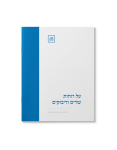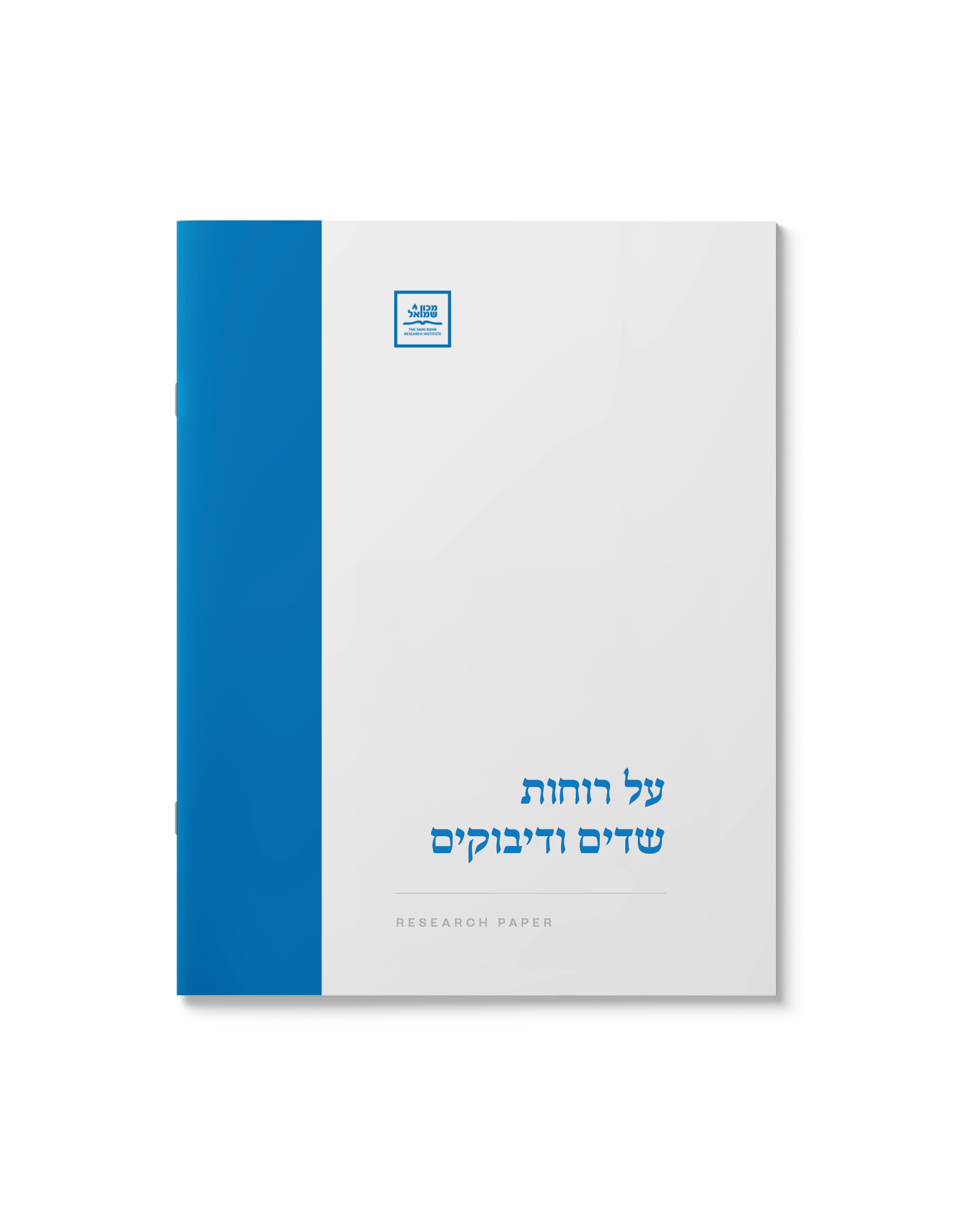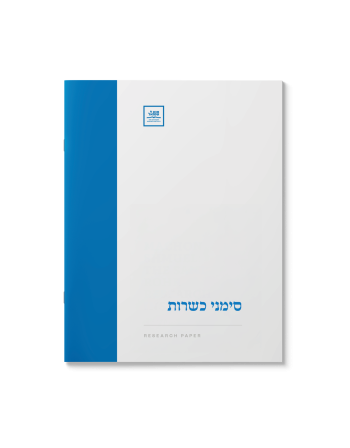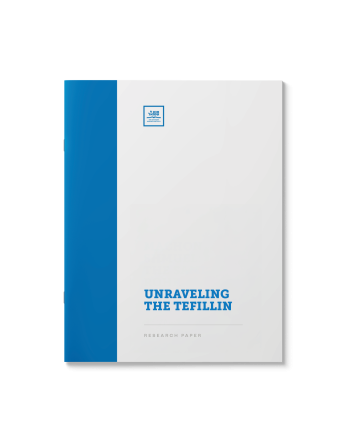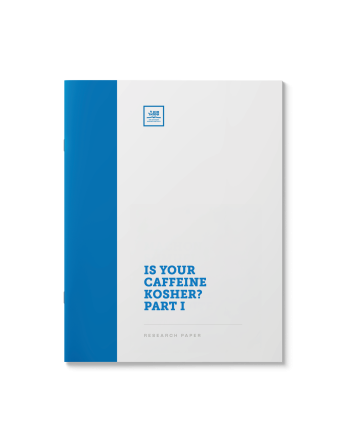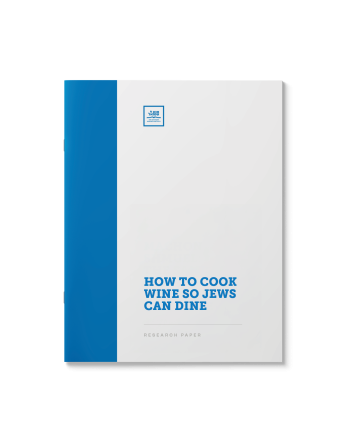דין קדימה בצדקה
$39.00
נפוץ הוא הפתגם התלמודי ׳עניי עירך קודמין׳. על מקור הדברים, טעם הדבר וגם הוראות ורמזים במצות הצדקה. פתוח תפתח.
| Language | Hebrew |
|---|---|
| Paper Type | Research Paper |
| Pages | 2 |
Related Products
Scientific advances have unlocked some of the ‘source code’ of living organisms, where by splicing genes from, say, arctic salmon into strawberries, or mice into chickens, we can produce strains of plants and animals which grow better, are more resilient, and are more beneficial economically or otherwise.
While discussion abounds regarding the long-term health effects of these developments, what is the Torah’s view on such manipulation? Do the ethos of kilayim preclude meddling in G-d’s domain? Or does the command to “fill the earth and subdue it” (Bereshis 1:28) provide the ethical mandate to do just that?
What are the Halachic ramifications? Is the act of implanting the gene –in flora or fauna- a violation of kilayim? What is the kosher status of the resulting hybrids? Does the status of the donor carryover to the recipient? What if the transferred genes affect the presence of the traditional kosher signs? (a tuna with no scales, a shark with scales)? Is an Esrog which has been thus modified considered a Murkav, disqualifying it from use for the Mitzvah?
Is there a spiritual effect? Do the characteristics of those animals which the Torah deems negative carry over into the new creature? Would consuming this (otherwise Kosher) creature bring spiritual coarseness (timtum halev)?
A collection of Tshuvos and articles in Hebrew and English.
In addition to the Prohoibition against Gambling, observant Jews seem to have an aversion to the standard deck of playing cards.
What could be wrong with an innocent game of Solitaire?
Does making tztitis at night make them invalid? What was the
position of the Rebbeim in this regard?
המאמר שלפנינו סוקר את פרטי צורת עשיית הטלית ועטיפתו, ואת צורת התפילין ולבישתם על פי מנהג חסידי חב״ד, אשר יסודותם בהררי קדש של תורת הסוד.
מקובלת ההנחה כי שונים הם תנאי כשרות הבהמה והחיה מהעוף. אם העוף נאכל לפי המסורת היהודית, הרי שהבהמה והחיה נאכלים לפי הסימנים המנויים בתורה. או שמא לא? האם המסורת משפיעה היא גם על כשרות הבהמה והחיה?
A detailed look at the history and laws of yayin nesech. Can an irreligious Jew render wine yayin nesech? Is pouring wine part of the prohibition? What difference does pasteurization make?
Many of contemporary society’s challenges could be remedied by the observance of the mitzvah of honoring one’s parents. Yet Kibbud Av V’Em is a broad and sweeping mitzvah with vaguely defined boundaries. To what extent are we obligated? Are we required to sacrifice our own social life to care for our parents? Does it apply to marriage partners? How do we define respect? Learn the Torah’s definition of honoring our parents.
This paper is a sequel to Tefillin 101 and provides an expanded view of the halachic and esoteric dimensions of the mitzvah of Tefillin.
This paper features a compendium of sources for the
instruction of foundational aspects of the mitzvah of Tefillin.
For some, only a serious serving of Cappucino or Esspresso can pack in a much needed energy boost for the day.
With 11,962 Starbucks locations throughout the United States, the prospect of buying coffee from your local coffee shop raises some important halachic questions.
Part I:
Does a coffee prepared by a non-Jewish barista involve an issue of Bishul Aku”m? May one drink inside the coffee shop, or only to-go? What was the Arizal’s unique take on the subject? Also: what is the proper Bracha on coffee beans?
(Hebrew)
It has saved many a Shabbos meal and avoided much embarrassment. But how exactly does yayin mevushal address the problem of yayin nesech? What is the technical definition of mevushal? A behind-the-scenes look at kosher wine production and its laws.
“Do not cook a kid in its mother’s milk.”
Traditional Kosher cooking avoids all forms of meat and milk combinations, including poultry.
What is the origin of this prohibition and when did it begin?


